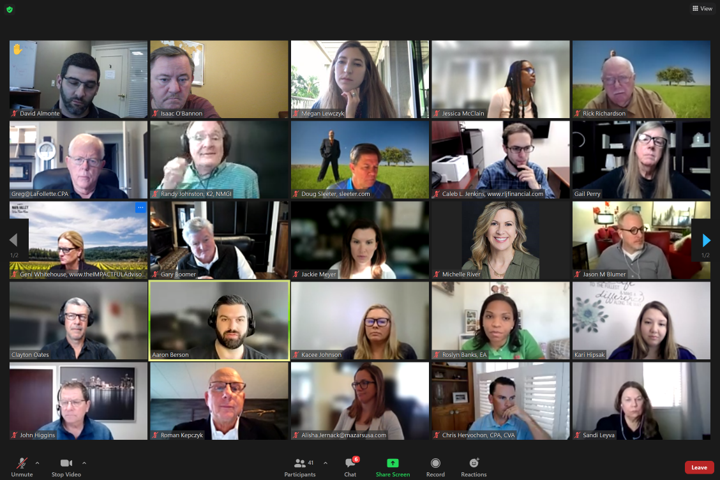The American Institute of CPAs (AICPA) has submitted comments to the Department of the Treasury and the Internal Revenue Service (IRS) requesting updated guidance in several key areas related to employees working remotely and offering recommendations regarding the taxation of payments related to remote work.
The AICPAs comments and recommendations focus on the following areas:
- Principal Place of Business
- Work Arrangements: Employer-Location Based, Remote, and Hybrid
- Definitions of Employer Location-Based, Remote and Hybrid Work Arrangements to Define Employee’s Tax Home
- Facts and Circumstances Test for use in the Classification of a Remote Employee and Defining a Hybrid Employee’s Tax Home
- Safe Harbor for Use in Defining a Remote Worker
- Employee-Employer Arrangement
- Pursuit of a Trade or Business
- Non-Travel Expenses Incurred While Working Remotely
- Examples
As a result of the pandemic, many companies are redefining their respective work structures – while some are moving to fully remote, others are offering their employees a hybrid structure. Many employees prefer the work-from-home format, particularly as it relates to commuting.
Additionally, many employers recognize the increased productivity and note the value of decreased office maintenance costs. However, this arrangement has led many employees questioning the impact on various benefits such as expenses for travel to an employer-provided work location when travel days are limited and the travel distance may have been expanded. Many revenue rulings and interpretations of case law are outdated, which creates unnecessary confusion and stress.
“Many companies are moving to fully remote or hybrid work schedules, causing tax issues with fringe benefits which employers offer to employees,” said AICPA Director for Tax Policy & Advocacy, Kristin Esposito, CPA, MST. “The old rules aren’t working anymore. The AICPA has submitted recommendations to the IRS that account for this shift, which we urge them to strongly consider.”
Thanks for reading CPA Practice Advisor!
Subscribe Already registered? Log In
Need more information? Read the FAQs
Tags: Benefits, Firm Management, IRS, Taxes




